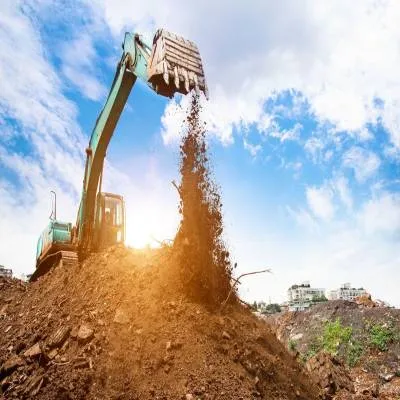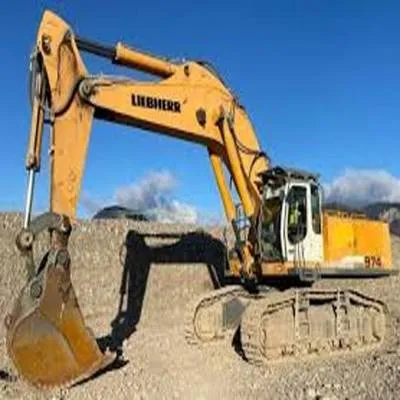Schedule a Call Back
Bengaluru CD Processing Plants Struggle
 Bengaluru, known as India's Silicon Valley, grapples with the burden of waste management as its CD (Construction and Demolition) processing plants in Chikkajala and Kannur struggle to cope with the city's increasing waste generation. These plants, vital for managing the construction debris, are facing significant challenges due to insufficient waste supply, hampering their efficiency and exacerbating the city's waste management crisis.
Bengaluru, known as India's Silicon Valley, grapples with the burden of waste management as its CD (Construction and Demolition) processing plants in Chikkajala and Kannur struggle to cope with the city's increasing waste generation. These plants, vital for managing the construction debris, are facing significant challenges due to insufficient waste supply, hampering their efficiency and exacerbating the city's waste management crisis.
The issue stems from various factors contributing to the insufficient supply of waste to these processing plants. One of the primary reasons is the rampant illegal dumping of construction debris at unauthorised sites, bypassing the designated CD processing facilities. This not only deprives the authorised plants of much-needed waste but also poses environmental hazards and undermines the city's efforts towards sustainable waste management.
Moreover, logistical challenges further exacerbate the situation. The transportation of construction waste to the processing plants involves complexities such as inadequate infrastructure, traffic congestion, and high transportation costs. These logistical hurdles impede the smooth flow of waste to the processing facilities, thereby hindering their operational efficiency.
The repercussions of the struggling CD processing plants extend beyond mere logistical inconveniences. The inadequacy in waste management infrastructure not only jeopardises environmental sustainability but also poses health risks to the residents of Bengaluru. Improper disposal of construction debris can lead to soil and water contamination, air pollution, and the proliferation of disease vectors, posing grave threats to public health and well-being.
Addressing these challenges necessitates a multi-pronged approach. Efforts should be directed towards enhancing the capacity and efficiency of existing CD processing plants through investments in infrastructure and technology. Additionally, stringent enforcement of regulations and penalties against illegal dumping practices is imperative to deter such activities and safeguard the integrity of waste management systems.
Furthermore, there is a pressing need for public awareness and community engagement initiatives to promote responsible waste disposal practices among citizens, construction companies, and other stakeholders. Collaborative efforts involving government agencies, private sector entities, and civil society organisations are essential to foster a culture of sustainability and ensure the effective management of construction waste in Bengaluru.
In conclusion, the struggles faced by CD processing plants in Chikkajala and Kannur underscore the urgency of addressing the systemic challenges plaguing Bengaluru's waste management infrastructure. By fostering collaboration, innovation, and accountability, the city can mitigate the adverse impacts of inadequate waste management and pave the way for a cleaner, healthier, and more sustainable future.


Subscribe Now
Subscribe to our Newsletter & Stay updated
RECENT POSTS
Popular Tags
Folliow us
Related Stories
Public Capex Push In Budget To Boost Tyre Industry: ATMA
The Indian tyre industry is expected to benefit from the government’s renewed emphasis on infrastructure development outlined in the Union Budg...









